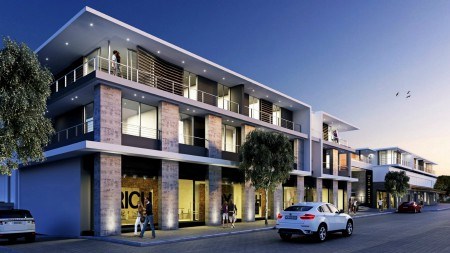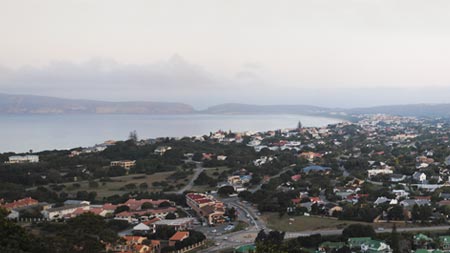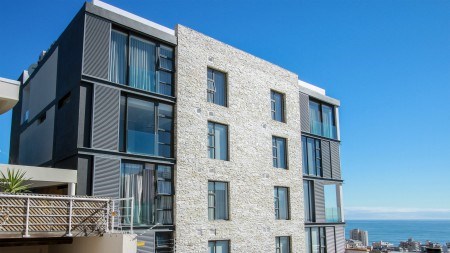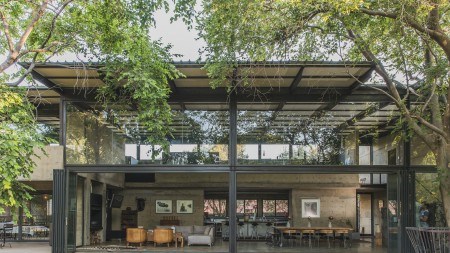After two consecutive record-breaking years and a stellar first quarter, Plettenberg Bay is proving to be one of South Africa’s most resilient housing markets.
Despite a flailing economy and subdued market, in 2017 the coastal town achieved its highest ever sales in terms of Rand value, with transactions totalling R1.043 billion, up from R1.041 billion in 2016. This is according to Hein Pretorius, Broker Principal of Sotheby’s International Realty Plettenberg Bay, who says that although sales volumes dipped by 14% last year, the market remained steadfastly robust, breaking the R1 billion mark for the second time and achieving the highest average sale prices to date after the previous record highs of 2008.
“So far 2018 is also set to be a bumper year if it maintains its equilibrium,” says Pretorius. “Our office recorded a 60% jump in turnover for the first quarter compared to the same time last year. We have also seen entry level prices rise substantially with apartments and plots now starting at around R800 000 and R275 000 respectively and houses below R1.8 million are now very a rare find indeed.”
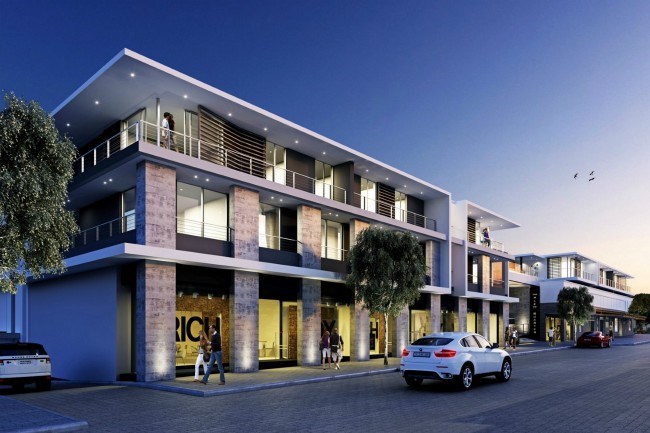
According to Lightstone data, during the last 12 months ending 31 May, there were 73 new registrations and 111 repeat sales in Plett. Of these, 26 transactions were for vacant land with the majority (19) being plots in estate developments.
Pretorius says that demand for plots and properties in gated estates has continued to increase steadily, with estate homes now accounting for 20% of the property landscape. He adds that there has also been a resurgence in demand for vacant land in general which has shaken this sector out of its doldrums.
The highest house price achieved in 2017 was shared by two Robberg beachfront properties which sold for R36m each while the best apartment price was once again realised in the sought-after De Meermin complex with a sale of R6.8m.
Plettenberg Bay’s seemingly irrepressible market strength was irrefutably corroborated by the 2018 AfrAsia South Africa Wealth Report which revealed that the Garden Route town is still home to the third most trophy homes in the country (130), usurped only by Johannesburg and Cape Town. And, with land prices of around R43 000m², Beachy Head Drive is the most expensive road in the country outside of Cape Town.
Traditionally a holiday town and summer playground of the super-wealthy, Plett has seen a sharp rise in demand for permanent homes in recent years, attracting families in search of a better lifestyle as well as empty-nesters and retirees looking to enjoy their golden years in a scenic, tranquil setting.
The spike in demand precipitated a surge in residential development, especially in the growing estate sector which now accounts for 20% of the property landscape.
Pretorius says that the two most recent developments are also the most exciting projects to date.
“The Quartet Hotel & Retirement estate offers retirees a choice of lifestyle options specially tailored for the different retirement phases and the residents contemporaneous lifestyles and daily needs. At the heart of the scenic, landscaped property is a deluxe hotel in which the fully serviced retirement suites are situated, with a further 22 freestanding units on the estate. There are numerous on-site amenities, including a medical centre and a wellness centre.”
The other hot new property is Plett Quarter, the first development of its kind in the town. Situated on the sea side of Main Street, Plett Quarter comprises upmarket shops and restaurants and a reception area at ground level with several floors of modern apartments ranging between R2.2m and R8.9m with a rooftop a communal pool exclusively for use by residents.

“Plett is undeniably in a league of its own,” says Pretorius, “and there are very few comparable places anywhere in the world where one can get as much bang for one’s buck, even at the very top end of the market.
He concludes: “There is a noticeably more optimistic mood in the market which is underpinned by two key factors: the ongoing semigration trend and the fact that property in Plett is still significantly cheaper than Cape Town. As a result, demand and supply have remained well-balanced, the building industry is thriving; and there is considerably more market activity which has triggered an increase in both renovations and the number of new homes being built.”
